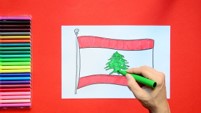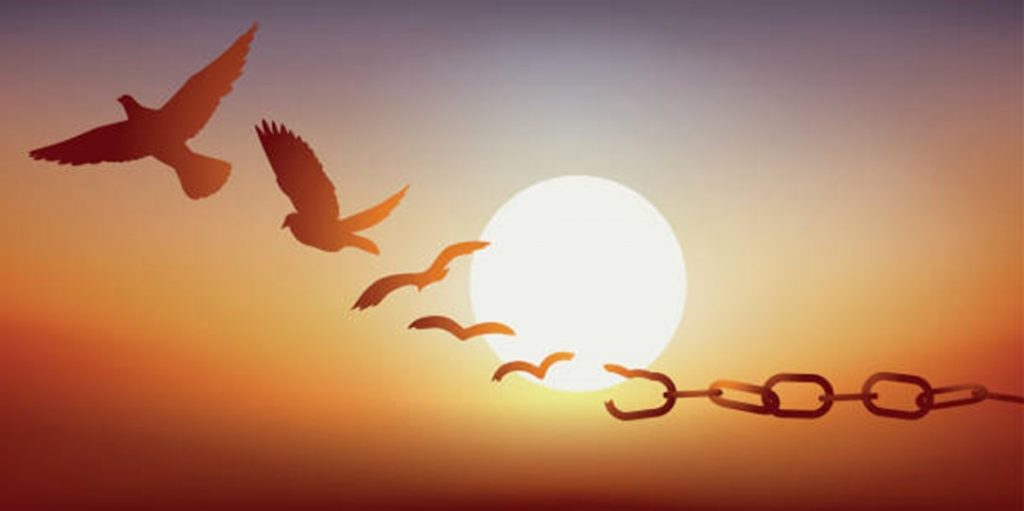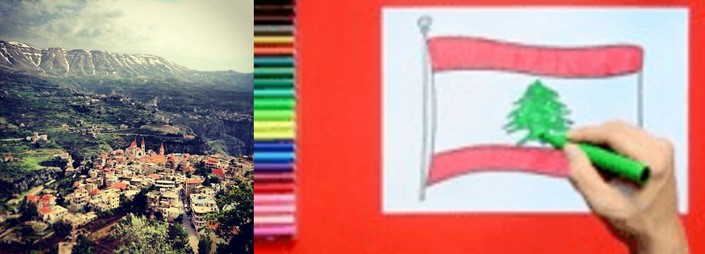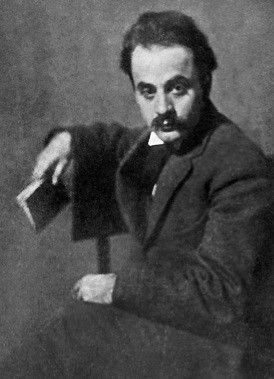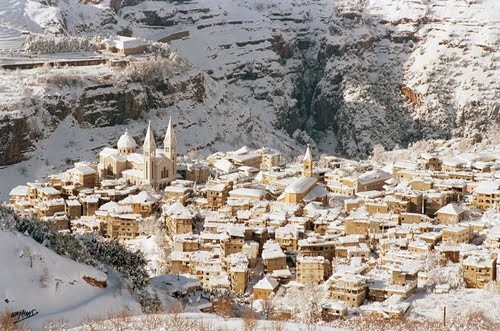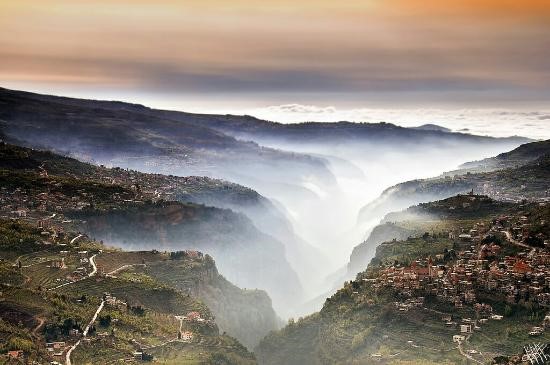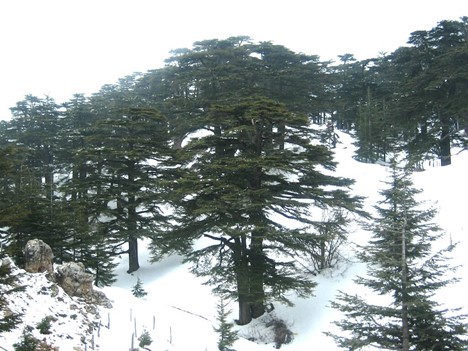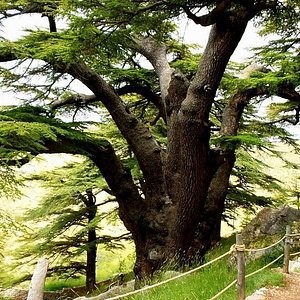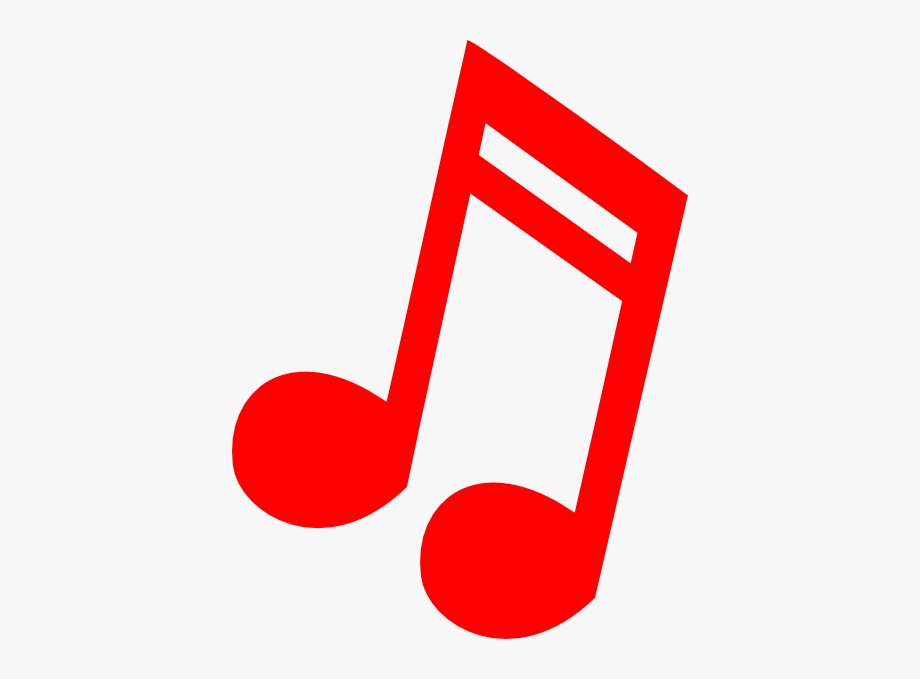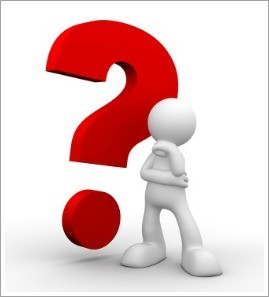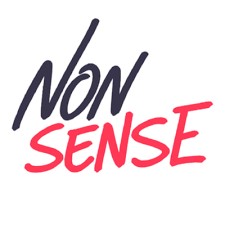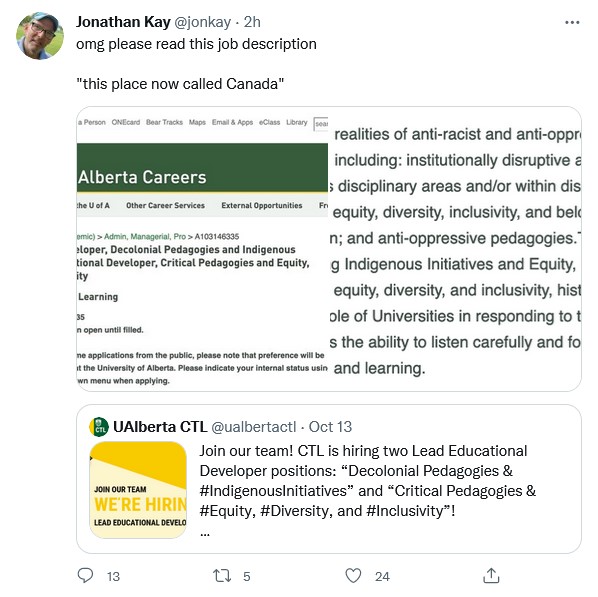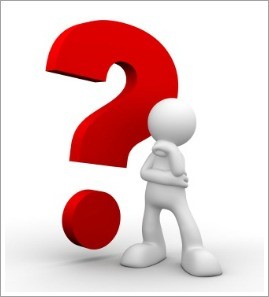
First, thanks to Mr. Jonathan Kay for bringing this story to our attention. Thanks also to another colleague, Mr. Jamil Jivani as well as to Dr. Bruce Pardy for re-tweeting it.
What is the story about? Well, as you can see in Mr. Kay’s original tweet below, the Ontario Secondary School Teachers Federation (https://www.osstf.on.ca/) has changed its voting rules, so each so-called “non-white” union member would have “his/her vote weighed more than” so-called “white members“. They even provide slides to justify this absurdity. Should we laugh or cry to such collective insanity?
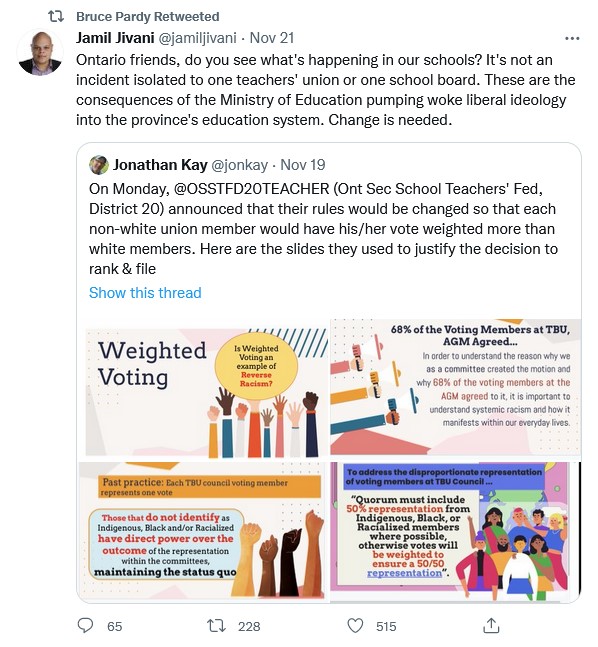
Mr. Jamil Jivani started his tweet by reaching out to “Ontario friends“. Well, since Bambi considers herself a loving friend of Ontario (for having lived and worked in Toronto for 4 years), she will say the following:
She is grateful to the friend who attracted her attention to the place where this union of teachers may have perhaps taken its idea. It is South Africa under Apartheid with its Tricameral Parliament (https://en.wikipedia.org/wiki/Tricameral_Parliament#Structure). Can you imagine?!
Indeed, in the Tricameral Parliament, there were three separate elected chambers as follows, as per Wikipidia:
- “A 178-member (White) House of Assembly (Afrikaans: Volksraad), which was in effect the existing single-chamber Parliament.
- An 85-member (Coloured) House of Representatives (Afrikaans: Raad van Verteënwoordigers)
- A 45-member (Indian) House of Delegates (Afrikaans: Raad van Afgevaardigdes).”
Does that make any sense to you from a democratic, human, and ethical perspective?
Imagine such proposal being offered in the Lebanese Parliament. Imagine that the members of this or that religious affiliation will have more democratic weight than members of the other affiliation! A second civil war would break out immediately… or a revolt like the one of October, 2019!!
Imagine such proposal would be practised in countries like Iran (with its Sunni Muslim minority) or like Saudi Arabia (with its Shia Muslim minority)? Will that be fair respectively?
If the cream of the educated Ontarians find Apartheid outrageous when it is in South Africa (or perhaps push to boycott Israel because of an ongoing occupation that they call Apartheid), why are they bringing this odd and toxic idea to their own unions and workplaces?
To conclude this post, Bambi will share that she is still under shock since she read about this early in the morning. When will we see more pushback to the excesses of our collectively insane times in our beautiful Canada?


